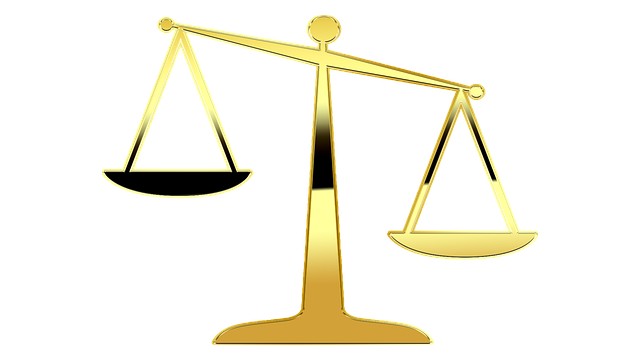Third-party workplace claims involve employees seeking compensation from entities other than their direct employers for work-related injuries, leading to potentially higher financial support and safer workplaces. Compensation levels are determined by factors like product liability complexity, harm extent, medical evidence, and legal precedents. These claims impact both employers (financial challenges, policy reevaluations) and employees (legal support needs). A competent lawyer is vital for fair treatment and adequate resources in recovery.
In today’s complex work environment, understanding third-party workplace claims is paramount. When an employee or customer files a claim against your company, it can lead to significant financial compensation. This article delves into the factors driving higher payouts in such cases. We explore the dynamics between employers and employees, analyzing influences that can escalate costs. By navigating these complexities, businesses and workers alike can better prepare for potential impacts, fostering a safer and more informed workplace culture.
- Understanding Third-Party Workplace Claims
- Factors Influencing Higher Compensation
- Navigating the Impact on Employers and Employees
Understanding Third-Party Workplace Claims

A third-party workplace claim refers to a legal process where an employee seeks compensation from a party other than their direct employer due to work-related injuries or harm. This scenario often arises when an employee is injured in an auto accident while on the job, leading to medical expenses and lost wages. In such cases, the employee can file a claim against the at-fault driver’s insurance or seek legal action against another responsible third party, like a contractor or supplier, that contributed to the incident.
Understanding these claims is crucial as they can result in higher compensation for victims compared to direct employer liability. For instance, when an employee experiences nursing home abuse or suffers from elder law-related injuries on the job, pursuing a third-party claim against the facility or responsible party may yield more substantial financial support. This approach ensures employees receive fair redress and encourages organizations to maintain safer work environments.
Factors Influencing Higher Compensation

When a third-party workplace claim is filed, several factors can significantly influence the level of compensation an affected employee or their family may receive. These factors go beyond the mere details of the incident and delve into broader aspects that impact legal outcomes.
Among these, the complexity of the product liability involved in cases like caregiver negligence or industrial accidents plays a crucial role. A car accident attorney, for instance, would argue that the manufacturer’s negligence in creating a defective product, which led to an accident, merits higher compensation. Similarly, in caregiver negligence claims, the extent of harm caused and the unique challenges faced by the victim can lead to substantial settlements. Additionally, factors like the availability of medical records, eyewitness accounts, and legal precedents set by similar cases can all enhance the potential compensation amount.
Navigating the Impact on Employers and Employees

When a third-party claim results in higher compensation, it significantly impacts both employers and employees. For employers, this scenario can pose substantial financial challenges, particularly if claims are frequent or large in scale. It necessitates careful management of resources and potential adjustments to workplace policies and procedures to mitigate future risks. Moreover, it fosters an environment where prevention becomes paramount, encouraging a culture of safety and proactive measures to avoid third-party workplace claims.
Employees, on the other hand, may face complex situations when these claims arise. In cases such as accident lawyer consultations for work-related injuries or partnership disagreements leading to legal disputes, employees may require support and representation. Even issues like elder abuse within the workplace can result in emotional and psychological trauma, necessitating not just financial compensation but also advocacy and protection for victims. This is where a competent accident lawyer can play a pivotal role, ensuring employees receive fair treatment and adequate resources to recover from their experiences.
Third-party workplace claims can significantly impact both employers and employees, with higher compensation often resulting from complex interactions. By understanding these claims and the factors influencing their outcome, businesses can better navigate potential liabilities and ensure fair treatment for all parties involved. Embracing proactive measures to mitigate risks and fostering open communication are key strategies to managing these situations effectively.






